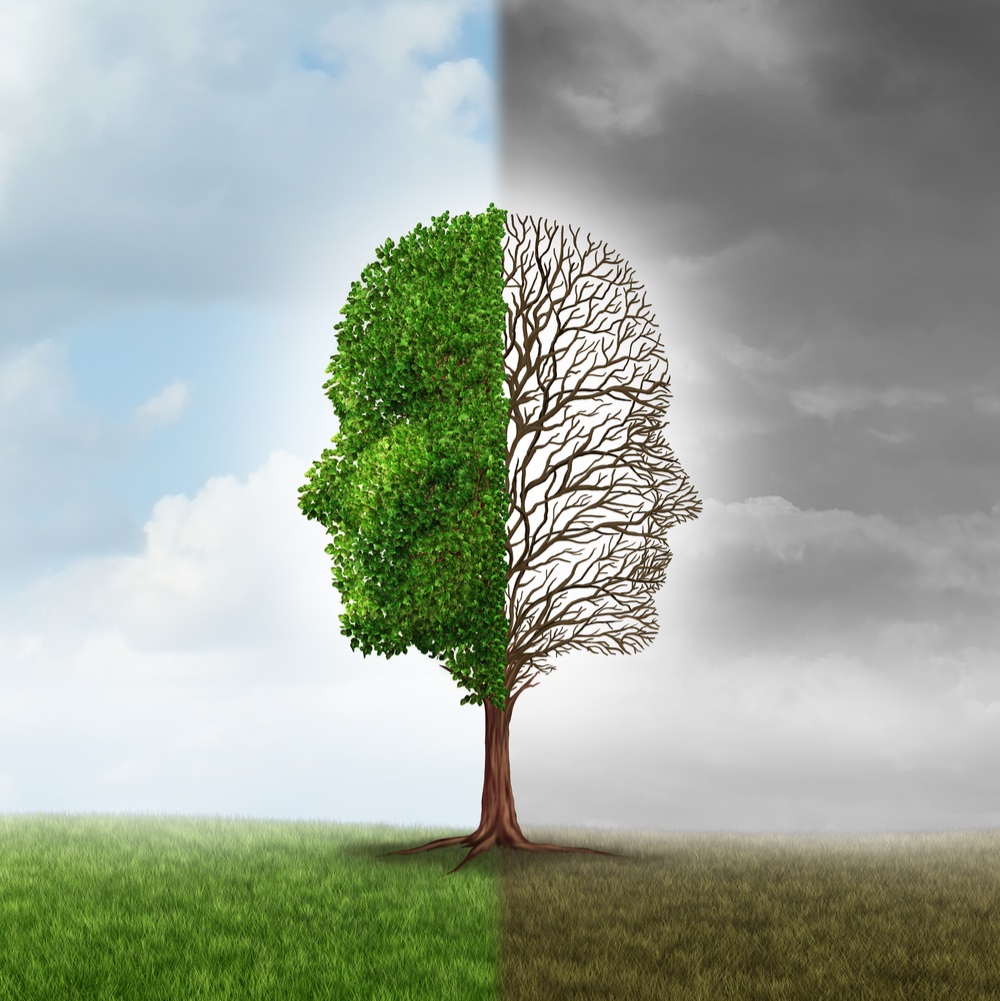Introduction
Addiction is a complex condition that affects millions of individuals and families worldwide. It doesn’t discriminate—it can impact anyone, regardless of age, background, or socioeconomic status. Addiction recovery is a challenging but transformative journey that allows individuals to reclaim control of their lives and rediscover their true potential.
This guide is designed to provide actionable insights, support, and encouragement for anyone on the path to overcoming addiction.
Understanding Addiction and Its Impact
Addiction is a chronic disease characterized by the compulsive use of substances or engagement in behaviors despite harmful consequences. It affects the brain’s reward, motivation, and memory functions, making recovery a deeply personal and multi-faceted process.
- Physical Impact: Substance abuse can harm the body, leading to conditions such as liver damage, heart disease, or respiratory issues.
- Mental Health: Addiction often coexists with anxiety, depression, or other mental health disorders.
- Relationships: It can strain personal and professional relationships, leading to isolation and loss of trust.
The First Step: Acknowledging the Problem
The road to recovery begins with acknowledging the issue. This is often the hardest step, as denial can be a significant barrier.
Ask yourself:
- Is my behavior negatively affecting my health or relationships?
- Have I tried to stop but failed?
- Am I ready to make a change?
Acknowledgment is a powerful step that sets the foundation for progress.
Seeking Professional Help in Addiction Recovery
Recovery is not a journey you have to take alone. Seeking professional help can make a significant difference.
- Detoxification Programs: Supervised detox helps manage withdrawal symptoms safely.
- Therapy Options: Cognitive Behavioral Therapy (CBT), group therapy, and one-on-one counseling address the root causes of addiction.
- Medication-Assisted Treatment (MAT): Certain medications can reduce cravings and ease withdrawal symptoms.
Consulting professionals ensures you receive the right support tailored to your needs.
Building a Support System
Having a strong support network is crucial for sustained recovery.
- Family and Friends: Share your journey with trusted loved ones who can offer encouragement.
- Support Groups: Join groups like Alcoholics Anonymous (AA) or Narcotics Anonymous (NA) to connect with others facing similar struggles.
- Recovery Coaches: Trained professionals provide personalized guidance throughout your recovery journey.
Surrounding yourself with positive influences increases your chances of success.
Strategies for Long-Term Recovery
Recovery doesn’t end with quitting a substance or behavior—it’s a lifelong commitment.
- Develop Healthy Habits: Replace addictive behaviors with positive activities like hobbies, volunteering, or exercise.
- Set Goals: Establish clear, achievable goals to maintain focus and motivation.
- Identify Triggers: Recognize situations, emotions, or people that may lead to relapse, and create strategies to avoid them.
Overcoming Relapses
Relapses are common in addiction recovery and should not be viewed as failures. Instead, they are opportunities to learn and adjust your approach.
- Reflect on the Cause: Identify what led to the relapse.
- Revisit Your Plan: Modify your recovery plan to address new challenges.
- Seek Support: Lean on your support system for encouragement and accountability.
Remember, recovery is a journey, not a destination.
The Role of Nutrition and Exercise
Taking care of your body supports your recovery process.
- Nutrition: A balanced diet restores physical health and improves mood. Incorporate fruits, vegetables, whole grains, and lean proteins into your meals.
- Exercise: Physical activity releases endorphins, which reduce stress and boost happiness. Activities like yoga, swimming, or walking can be especially beneficial.
Mindfulness and Emotional Healing
Addiction often stems from unresolved emotional pain. Mindfulness practices help address these underlying issues.
- Meditation: Reduces stress and promotes self-awareness.
- Journaling: Writing down your thoughts can help process emotions.
- Therapeutic Practices: Explore creative outlets like art therapy or music therapy.
Healing emotionally is a critical aspect of lasting recovery.
Addiction Recovery Resources
Here are some trusted resources to support your journey:
- SAMHSA’s National Helpline: 1-800-662-HELP (4357)
- Alcoholics Anonymous (AA): www.aa.org
- Narcotics Anonymous (NA): www.na.org
- SMART Recovery: Offers science-based addiction recovery programs at www.smartrecovery.org.
Conclusion
Addiction recovery is a transformative journey that requires courage, commitment, and support. By taking proactive steps, seeking help, and focusing on long-term wellness, you can break free from addiction and lead a fulfilling life.
Every small step forward counts. You’re not alone in this journey—reach out, take action, and embrace the possibility of a brighter future.


